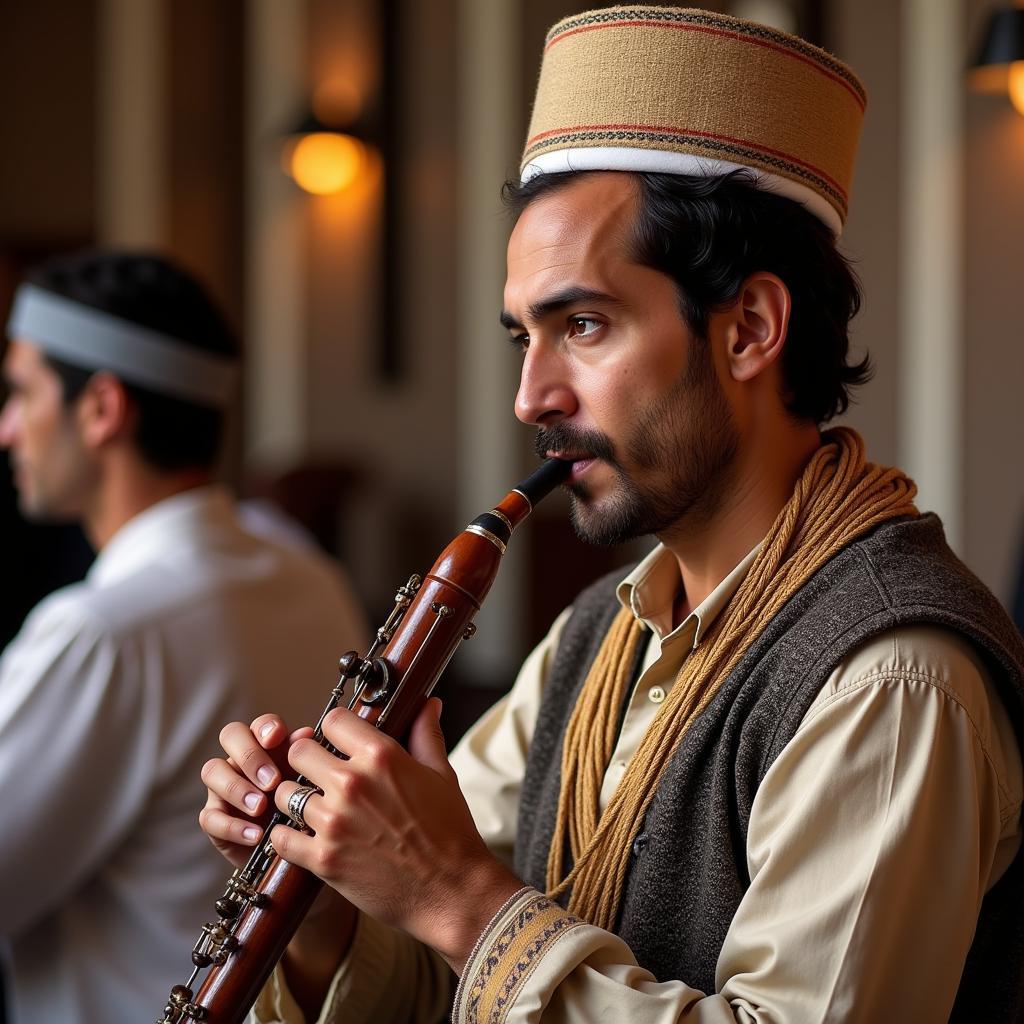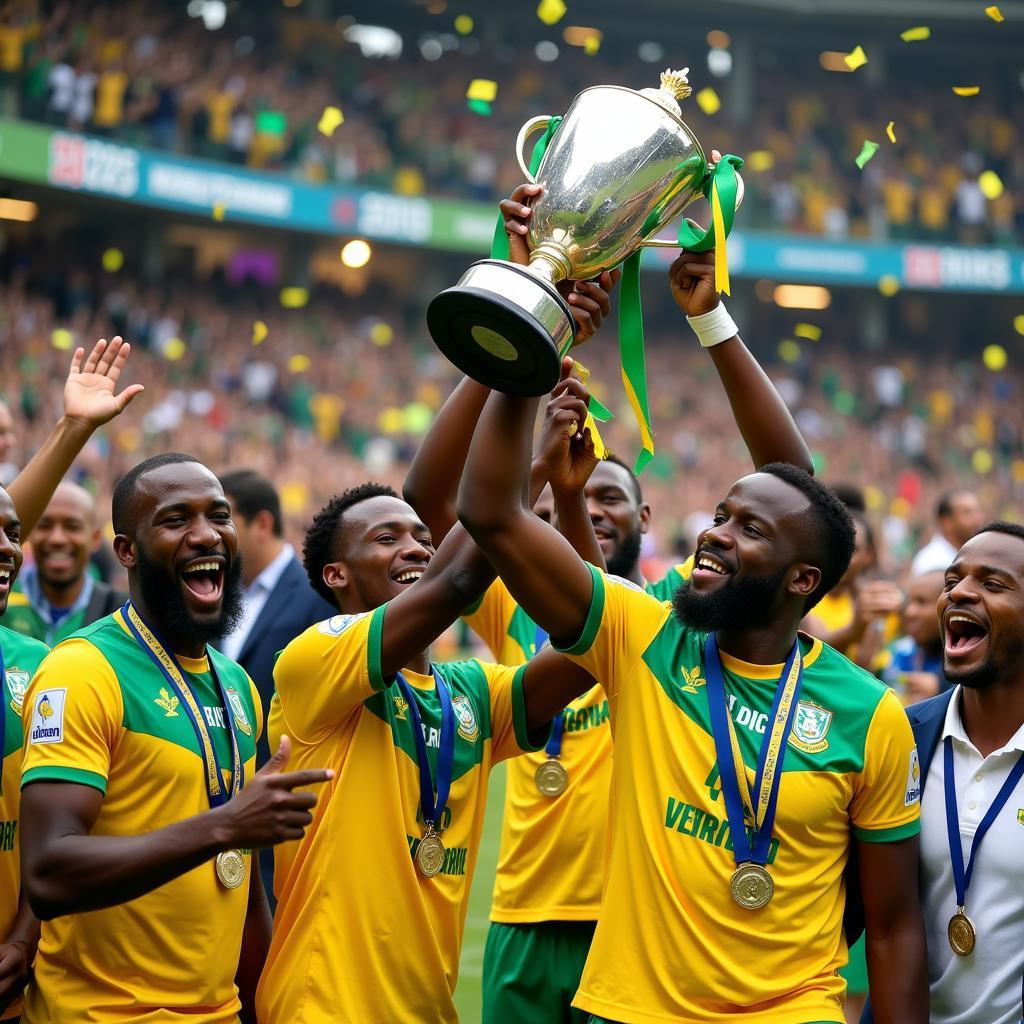Celebrating African Gay Pride: Navigating Challenges and Triumphs
African Gay Pride is a complex and multifaceted topic, encompassing a wide range of experiences and perspectives across the diverse continent. It represents a struggle for recognition, acceptance, and equality, often in the face of significant social and legal obstacles. While some nations have made strides towards LGBTQ+ rights, others maintain discriminatory laws and practices. This article explores the complexities of African gay pride, highlighting both the challenges and triumphs of the LGBTQ+ community across Africa.
Understanding the landscape of African gay pride requires acknowledging the historical, cultural, and religious contexts that shape LGBTQ+ experiences. Colonial-era laws criminalizing same-sex relationships continue to impact many countries, while traditional beliefs and religious interpretations often contribute to societal stigma. However, amidst these challenges, a vibrant and resilient LGBTQ+ community is thriving, advocating for their rights and demanding recognition. They are working to challenge discriminatory laws, create safe spaces, and foster a sense of belonging.
The Legal Landscape of African Gay Pride
The legal status of homosexuality varies significantly across Africa. Some nations, like South Africa, have constitutional protections for LGBTQ+ individuals, including the right to same-sex marriage. Others maintain colonial-era laws that criminalize same-sex relationships, leading to persecution, imprisonment, and social ostracization. This patchwork of legal frameworks reflects the ongoing tension between evolving social norms and deeply ingrained traditional values. african gay stories can offer insight into these struggles and triumphs.
Navigating Legal Challenges and Advocating for Change
LGBTQ+ activists across Africa are tirelessly working to challenge discriminatory laws and advocate for legal reforms. They employ various strategies, including legal challenges, public awareness campaigns, and community mobilization. These efforts aim to decriminalize same-sex relationships, ensure legal protection against discrimination, and promote LGBTQ+ inclusion in all aspects of society.
Cultural and Religious Influences on African Gay Pride
Cultural and religious beliefs play a significant role in shaping public attitudes towards LGBTQ+ individuals in Africa. In some communities, traditional interpretations of gender roles and sexuality contribute to stigma and discrimination. Religious leaders often reinforce these views, leading to further marginalization of LGBTQ+ individuals. However, it’s important to note that not all cultural and religious perspectives are uniformly negative. Some traditional African cultures have historically recognized and accepted diverse forms of gender and sexual expression. This nuance is often overlooked in discussions of African gay pride.
What are the challenges faced by the LGBTQ+ community in Africa?
The LGBTQ+ community in Africa faces numerous challenges, including legal discrimination, social stigma, violence, and limited access to healthcare and support services. Many individuals live in fear of persecution and are forced to conceal their identities to protect themselves. This can lead to isolation, mental health issues, and a lack of social support.
How is the LGBTQ+ community in Africa advocating for their rights?
Despite these challenges, LGBTQ+ activists and organizations across Africa are working tirelessly to advocate for their rights and visibility. They organize pride events, raise awareness through public campaigns, provide support services to LGBTQ+ individuals, and engage in legal advocacy to challenge discriminatory laws. african american sex symbols can sometimes be influential in raising global awareness about acceptance and diversity.
“The fight for LGBTQ+ rights in Africa is a fight for human dignity and equality,” says Dr. Adebayo Olajide, a prominent human rights advocate based in Nigeria. “We are working to create a society where all individuals, regardless of their sexual orientation or gender identity, can live freely and without fear.”
Celebrating Resilience and Progress
Despite the ongoing challenges, African gay pride also represents resilience, hope, and progress. LGBTQ+ communities across the continent are organizing pride events, creating safe spaces, and celebrating their identities. These celebrations are acts of defiance against discrimination and affirmations of self-worth. They serve as reminders that the fight for equality continues and that progress, however slow, is being made. african american music history provides examples of powerful voices challenging societal norms through artistic expression. This can serve as inspiration for the LGBTQ+ community.
“Seeing the joy and pride on the faces of LGBTQ+ individuals during pride events is incredibly inspiring,” says Fatima Mboup, a Senegalese LGBTQ+ activist. “It reminds us of the power of community and the importance of celebrating our identities, even in the face of adversity.” african couple animated pics can represent diverse forms of love and relationships, fostering greater understanding and acceptance.
Conclusion
African gay pride is a complex and evolving narrative. While the challenges are significant, the resilience and determination of the LGBTQ+ community are undeniable. The fight for equality and acceptance continues, and it is a fight that demands our attention, support, and solidarity. African gay pride is not just a celebration; it is a testament to the enduring human spirit in the face of adversity.
Need support? Contact us 24/7: Phone: +255768904061, Email: [email protected] or visit us at Mbarali DC Mawindi, Kangaga, Tanzania.

